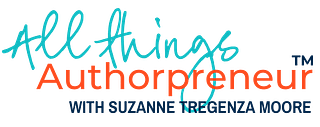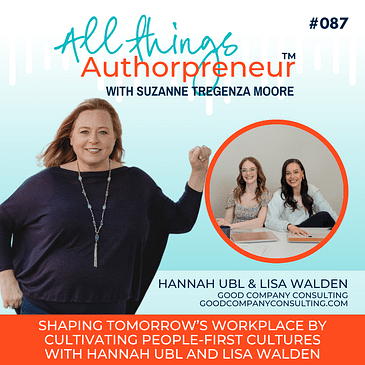Episode Summary
Founders Hannah Ubl and Lisa Walden of Good Company Consulting are dedicated to delivering compelling, actionable keynotes aimed at fostering top-notch cultures that prioritize people. Through highly customized and continually evolving content, they inspire meaningful change while equipping everyone in the room with accessible tools, shaping the future of workplace culture.
Guest
Hannah Ubl and Lisa Walden | Founders
Good Company Consulting
goodcompanyconsulting.com
Highlights
In this episode you will learn:
- How to identify emerging challenges within the continuously evolving workplace culture during and after the pandemic.
- How to address workplace setup challenges and strategies for improvement.
- The goals and motivations behind Good Company Consulting.
Book
The Future of Work is Human: Transforming Company Culture for a Post-Pandemic World
Hannah Ubl and Lisa Walden
Free Gift
The Future of Work is Human (First Chapter): Humans, not Robots
Recommendation for Every Entrepreneur
Lisa – Embrace and navigate through change, and rolling with the punches.
Hannah – The importance of community and being surrounded by like-minded individuals on the same journey.
Favorite Book
Lord of the Rings by J.R.R. Tolkien
Alanna: The First Adventure by Tamora Pierce
Links in this summary may be affiliate links.




